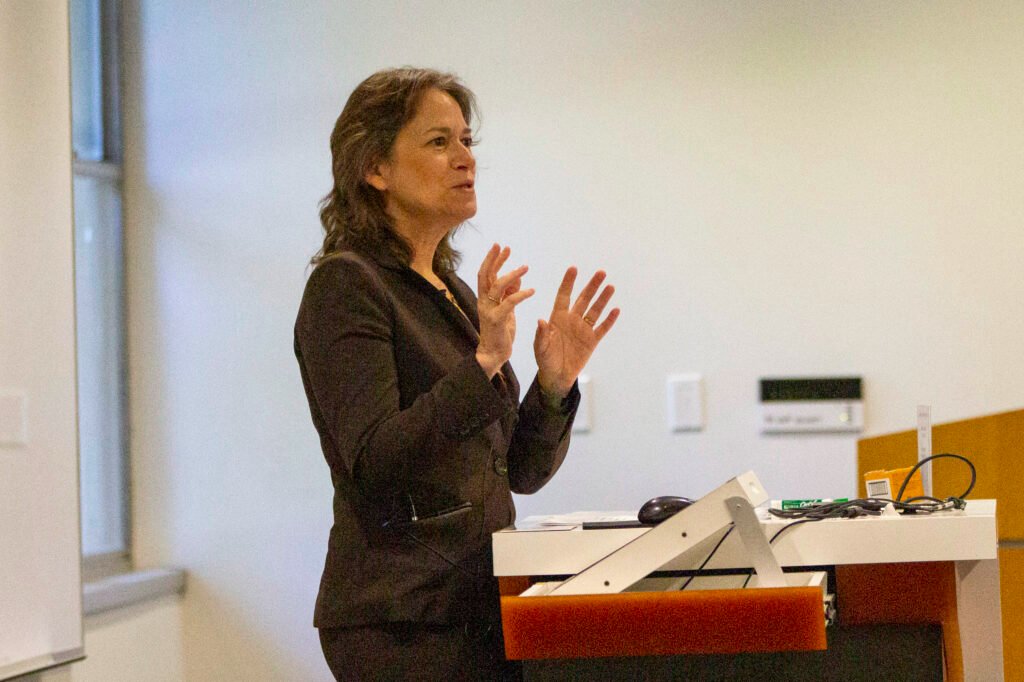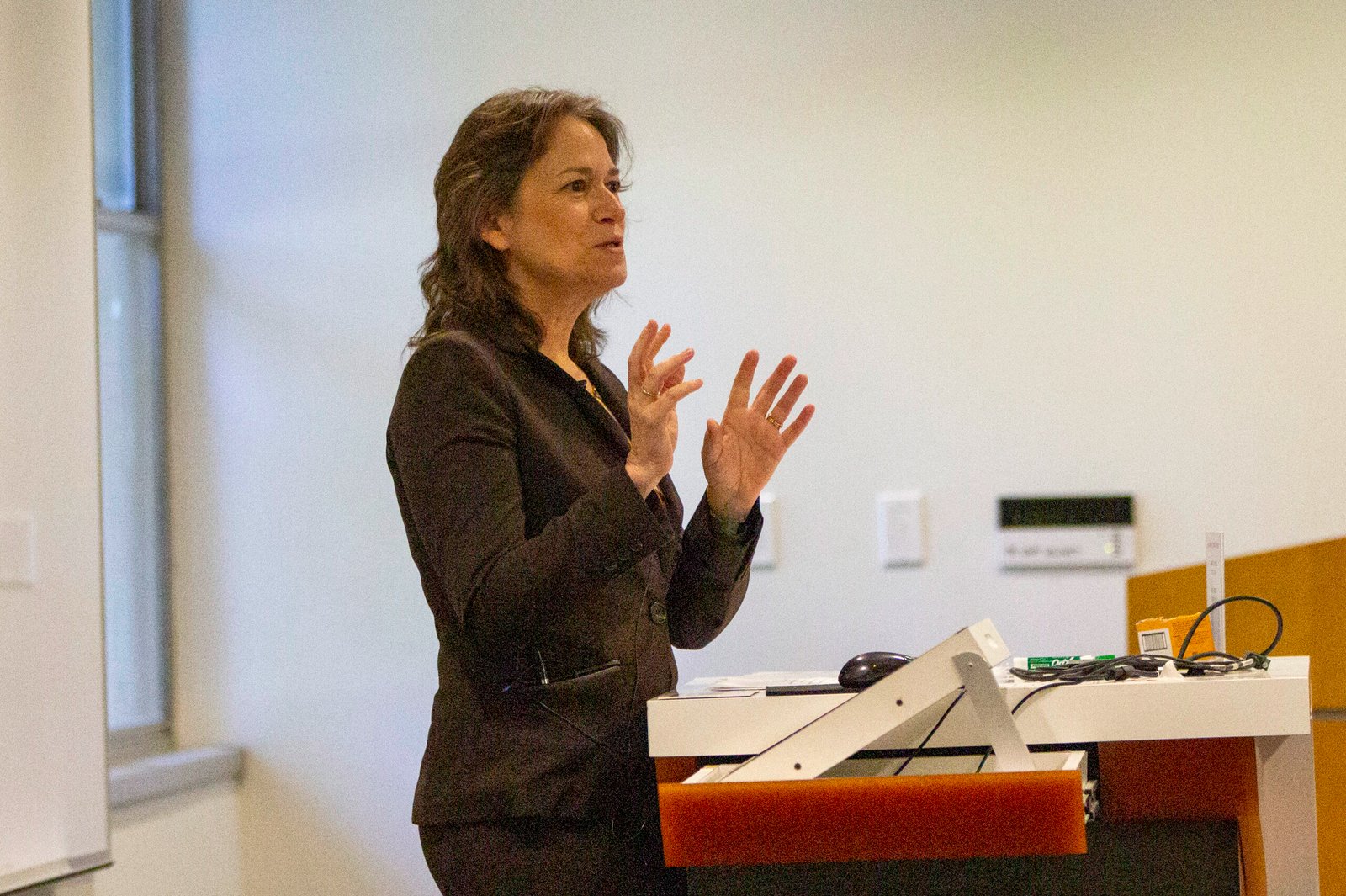
In a recent lecture at New York University (NYU), two esteemed professors, Dr. Emily Carter and Dr. John Adams, shared invaluable insights into achieving financial security. Drawing from their expertise, they outlined four key components essential for individuals to build a solid foundation for their financial well-being.
1. Budgeting for Success
Both professors stressed the importance of creating and adhering to a budget as the cornerstone of financial stability. Dr. Adams emphasized that a well-planned budget serves as a roadmap, guiding individuals towards their financial goals.
By meticulously allocating income towards essential expenses, savings, and investments, individuals can gain better control over their finances. Dr. Carter reinforced this notion, advising individuals to track expenses closely and identify areas for potential savings.
2. Building an Emergency Fund
The significance of having an emergency fund was underscored by both experts. Dr. Carter described it as a financial safety net, providing peace of mind during unforeseen circumstances such as job loss or medical emergencies. She recommended saving at least three to six months' worth of living expenses in a separate account, emphasizing the importance of avoiding reliance on credit cards or loans during crises.
3. Responsible Debt Management
Addressing debt management, Dr. Adams highlighted the need to prioritize paying off high-interest debts. He advised individuals to develop a structured repayment plan, focusing on minimizing interest payments over time. Both professors stressed the importance of avoiding excessive debt accumulation and making consistent, timely payments to reduce financial burdens and free up income for savings and investments.
4. Strategic Investing for the Future
Investing emerged as a crucial component for long-term financial security. Dr. Carter recommended contributing to retirement accounts such as 401(k)s or IRAs, taking advantage of employer matching contributions.
She emphasized the importance of diversifying investments across different asset classes to mitigate risk and harness the power of compounding over time. Dr. Adams echoed this sentiment, encouraging individuals to seek professional advice and develop a well-balanced investment portfolio aligned with their financial objectives and risk tolerance.
Key Takeaways:
- Budgeting Basics: Create a detailed budget allocating income towards essential expenses, savings, and investments to gain better control over finances.
- Emergency Fund Essentials: Build an emergency fund covering at least three to six months' worth of living expenses to provide a financial safety net during unexpected circumstances.
- Debt Management Mastery: Prioritize paying off high-interest debts while making consistent, timely payments to reduce financial burdens and free up income for savings and investments.
- Strategic Debt Repayment: Develop a structured debt repayment plan, focusing on minimizing interest payments over time and avoiding excessive debt accumulation.
- Investment Insights: Contribute to retirement accounts and diversify investments across different asset classes to mitigate risk and harness the power of compounding over time.
- Employer Contributions: Take advantage of employer-matching contributions to retirement accounts, maximizing the benefits of employer-sponsored savings plans.
- Professional Guidance: Seek professional advice to understand different investment options and develop a well-balanced investment portfolio aligned with financial objectives and risk tolerance.
- Consistency Is Key: Implement strategies consistently, regardless of current financial situation, to gradually build towards financial security over time.
- Patience and Discipline: Achieving financial security is a gradual process that requires discipline, patience, and consistency in implementing key financial strategies.
- Personalized Approach: Tailor financial strategies to unique circumstances and goals, seeking personalized guidance from financial professionals to optimize financial well-being.

Hi, I’m Durgesh Nayak, and I hold a Master’s degree in Commerce with over five years of experience in the banking sector. I am certified with JAIIB and CAIIB, which has given me a solid foundation in financial knowledge. For the past four years, I’ve been sharing my passion for finance through writing money and finance blogs.
My goal is to make complex financial topics accessible and actionable, helping you improve your personal finance, investment strategies, and overall financial planning.

